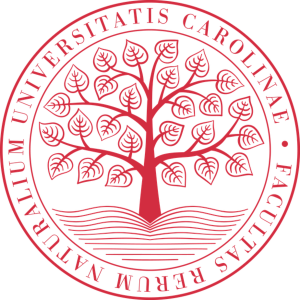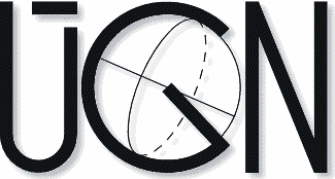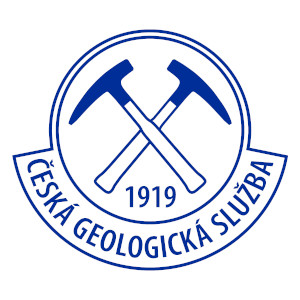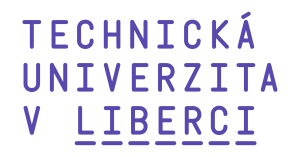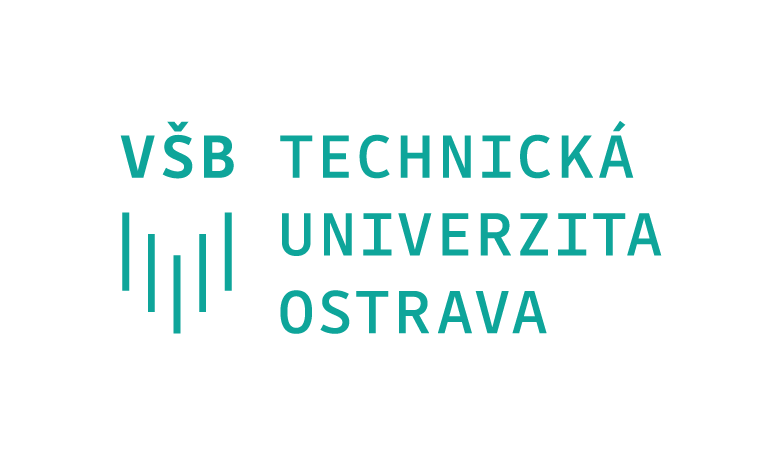Consorcium
|
|
Faculty of Science, Charles University The Faculty of Science was established in 1920 as the fifth faculty of Charles University. It has 29 departments, 3 museums and a large Botanical Garden. The faculty is divided into four sections: biological, geographical, geological and chemical. In addition to these sections the faculty has several specialized teaching and research centres, including interdisciplinary institutions. Within a long-term research mission the faculty belongs among the three the best in the Czech Republic. |
|
|
Institute of Geophysics, Czech Academy of Sciences The Geophysical Institute was incorporated into the Czechoslovak Academy of Sciences in 1953. It is a direct successor to the State Institute of Geophysics founded in 1920. It carries out basic research into the physics of the Earth. Its main programme consists of scientific studies carried out on a regional basis, whose aim is to contribute to the elucidation of the crustal and lithosphere structure, geodynamic evolution and the physical properties of the Earth and its environment. This work is based on the study of the distribution of geophysical fields in space and time in connection with laboratory research on selected rock parametres under corresponding pressure and temperature conditions. The work of the Institute is aimed at obtaining information that can be used in prospecting, prediction and prevention of natural catastrophes and reducing their harmful impact on human beings and their activities. The institute operates several observatories |
|
|
Institute of Geonics, Czech Academy of Sciences The activity of IGN is the scientific research motivated by the versatile utilization of the earth’s crust, i.e. research on geomaterials, processes inside the earth’s crust, especially processes induced by human activity, and their impact on the environment. Within this research scope, supportive disciplines are developed, such as, in particular, applied mathematics and physics, chemistry, environmental and social geography. IGN contributes to increasing the level of knowledge and education and to the exploitation of the scientific results in practice. |
|
|
Institute of Rock Structure and Mechanics, Czech Academy of Sciences The Institute is concerned in studies of structure and properties of rock medium, rocks, derived materials and special composite materials. The subjects of investigation are natural and induced phenomena and processes affecting behavior, development and stability of rocks in their natural location in earth crust, as well as inorganic and organic materials found in-situ or developed in laboratories. Advanced monitoring and laboratory methods are applied to constitute general findings and to set up conditions for their practical exploitation. |
|
|
The task of the Czech Geological Survey, established in 1919, is to provide the state geological service for the Czech Republic. Although the character of the institution, together with its name, has changed over time, its main mission and related unique social status have remained. The Czech Geological Survey has the statutory responsibility to gather, store and interpret geological information so that the state administration can take appropriate decisions about national economic and environmental issues. It provides the results of systematic regional geological mapping and investigation to all interested persons. |
|
|
Institute for Nanomaterials, Advanced Technology and Innovation, Technical University of Liberec The institute is a research centre of the Technical University of Liberec (TUL). Its aim is to contribute to the development of the region, which is traditionally oriented to technical industries. The Institute connects the laboratories of the technical disciplines at TUL and cooperation with major players in industry. Research programs are focused on areas of material research and competitive engineering with an emphasis on the usability of the research and development results in practice. To search for a specific person or 3D visualization of our building use this application. |
|
|
The Centre of Experimental Geotechnics (CEG) is a modern experimental department, concerned with research and teaching activities. The Centre employs a team of young specialists in experimental geotechnics. The courses focus on practical laboratory tests and experiments in geotechnics, as well as on in-situ tests, and on measurements of building foundations and underground structures. CEG operates the Josef undeground laboratory. It is a working place providing practical teaching for students, and it is also a unique place for experimental and research projects. The Regional Underground Research Centre URC Josef provides service and working space to privat companies in related fields of interest. CEG widely cooperates with industry. It provides professional services in determining geotechnical parameters of soil and rock environments. It also conducts the monitoring of underground structures, special building structures and others. |
|
|
Jan Evangelista Purkyně University in Ústí nad Labem member since 2018 |
|
|
Technical university of Ostrava member since 2018 |


